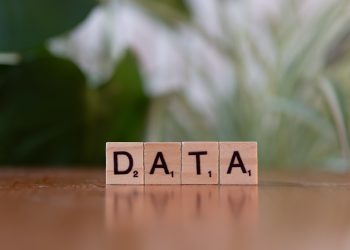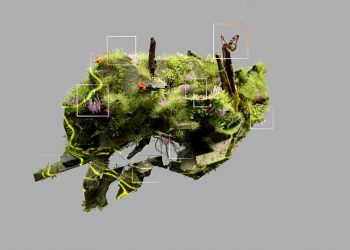No products in the cart.
Harnessing AI for Safer Nuclear Operations
Discover the intersection of AI and nuclear energy safety, exploring the ethical dilemmas and career opportunities it creates for young professionals.
Atlanta, USA — In a world increasingly defined by technology, artificial intelligence is carving out its niche in unexpected sectors. One such arena is nuclear energy, where AI’s promise of enhanced safety is accompanied by a host of ethical questions. The fusion of these two elements is not just reshaping operational protocols; it’s also creating a new frontier for careers in risk management and ethical oversight.
The nuclear energy sector, often characterized by stringent safety measures and a reputation for caution, is now embracing AI with open arms. From predictive maintenance to real-time monitoring, AI technologies are being deployed to ensure that operations run smoothly and safely. This shift, however, isn’t without its controversies.

As AI systems take on more significant roles in decision-making, the question of accountability looms large. Who is responsible when an AI system makes a mistake? Is it the engineers who designed the algorithm, the operators who deployed it, or the companies that implemented the technology? The answers to these questions are not merely academic; they represent the future landscape of careers in the nuclear industry.
For young professionals entering this field, the implications are profound. They must navigate a landscape where ethical considerations and technical proficiency are equally important. Educational institutions are starting to recognize the need for curricula that integrate ethics into engineering and technology programs. This is not just an add-on; it’s becoming an essential part of the training that future engineers will receive.
Educational institutions are starting to recognize the need for curricula that integrate ethics into engineering and technology programs.
Take, for example, the case of the Fukushima disaster in 2011. While the event highlighted the vulnerabilities inherent in nuclear energy, it also catalyzed advancements in AI that can predict and mitigate risks. Post-Fukushima, several countries, including Japan and the United States, have invested heavily in AI technologies aimed at enhancing safety protocols. These investments are not only a response to past failures but also a proactive measure to safeguard against future incidents.
Moreover, AI’s role in nuclear safety is also about efficiency. Algorithms can analyze vast amounts of data in real time, identifying potential risks far more quickly than human operators. This capability can mean the difference between a quick response and a catastrophic failure. However, it raises another ethical dilemma: as machines take on more responsibility, what happens to the human element of oversight?
There is a prevailing belief that the human touch is irreplaceable, especially in high-stakes environments like nuclear power plants. Yet, many experts argue that AI can enhance human decision-making rather than replace it. This symbiosis could lead to a new breed of professionals: those who are equally comfortable with coding and ethical decision-making.
As the demand for AI literacy grows, the nuclear industry will likely see an influx of young professionals equipped with the skills to tackle both the technical and ethical challenges posed by this technology. Programs are being developed worldwide that focus on interdisciplinary education, merging STEM (Science, Technology, Engineering, and Mathematics) fields with ethics, policy, and social responsibility.
For instance, the University of California, Berkeley, has launched initiatives aimed at training students to think critically about the implications of AI in various sectors, including nuclear energy. Such programs not only prepare graduates for the complexities of modern engineering but also instill a sense of responsibility towards society.
On a global scale, countries are beginning to recognize the need for regulatory frameworks that address the ethical use of AI in high-risk industries. The International Atomic Energy Agency (IAEA) is working with member states to develop guidelines for integrating AI into nuclear operations safely and ethically. These efforts are crucial as they set the stage for a future where AI is not just a tool but a partner in ensuring safety.
As the demand for AI literacy grows, the nuclear industry will likely see an influx of young professionals equipped with the skills to tackle both the technical and ethical challenges posed by this technology.
The road ahead is undoubtedly complex. The convergence of AI and nuclear energy is a microcosm of larger societal debates about technology’s role in our lives. As we move forward, the ethical questions surrounding AI will demand thoughtful engagement from professionals, regulators, and educators alike.
For young professionals entering this field, it’s an opportunity to be at the forefront of a paradigm shift. They will not only be tasked with harnessing the power of AI but also with ensuring that its application in nuclear energy is aligned with the highest ethical standards. In a world where technology is rapidly evolving, those who can straddle the line between innovation and ethics will find themselves in high demand.
As we look to the future, the intersection of AI and nuclear energy presents both challenges and opportunities. The next generation of leaders in this field will play a pivotal role in shaping how these technologies are utilized, ensuring that safety remains paramount while embracing the potential for innovation.











